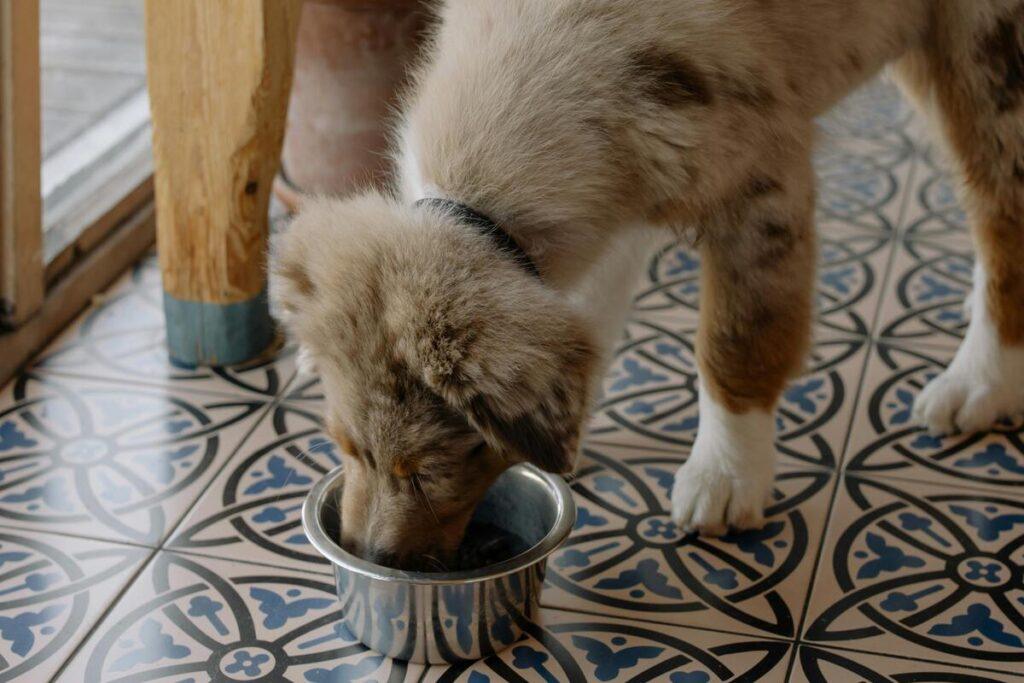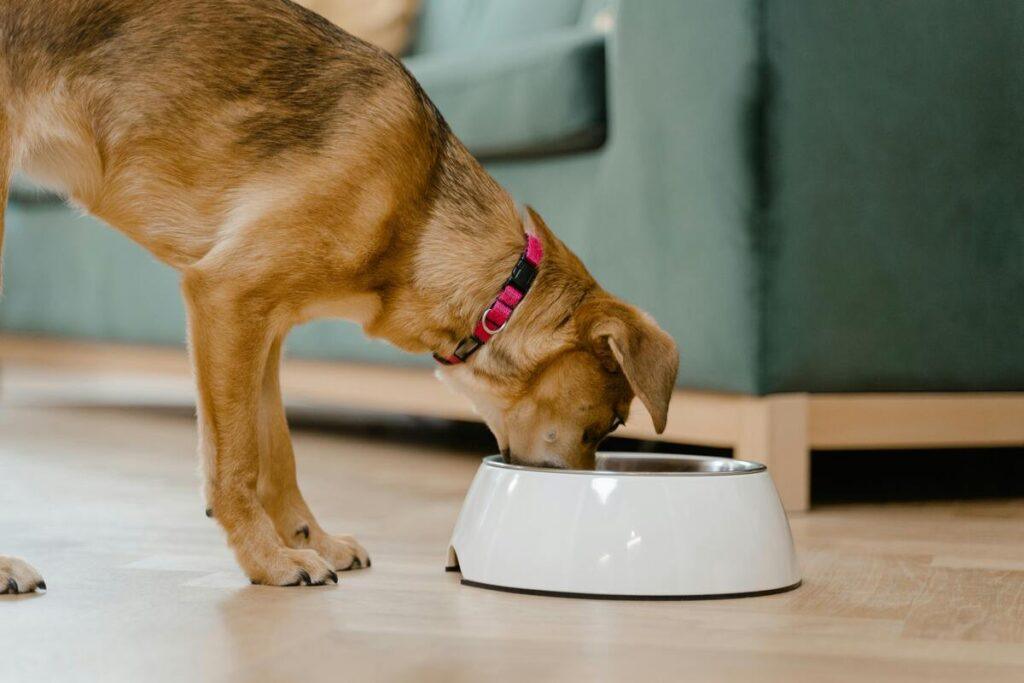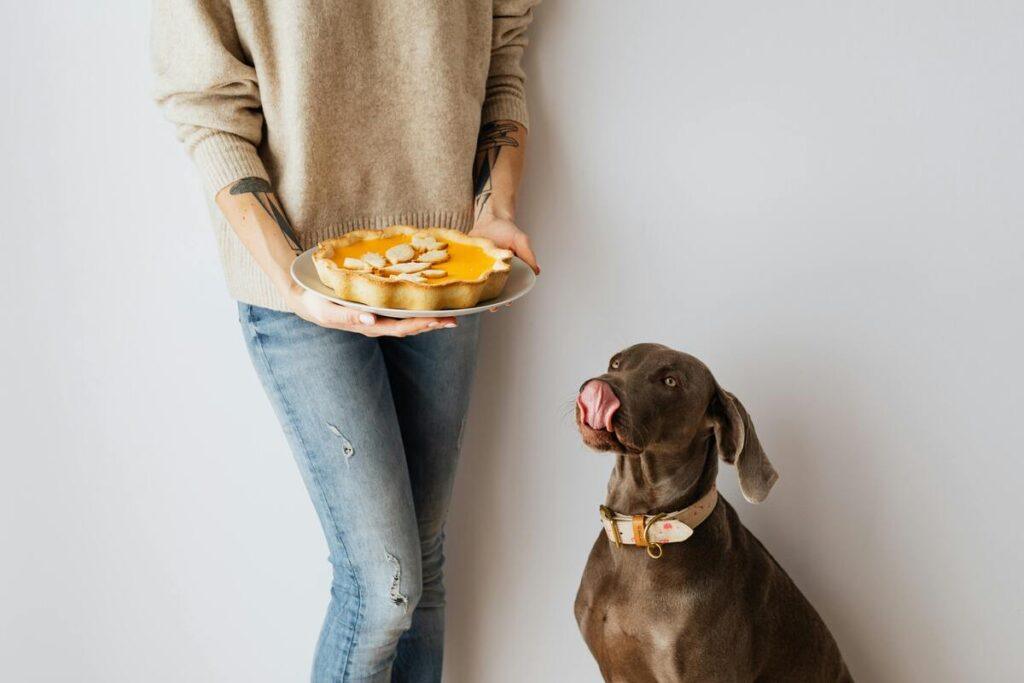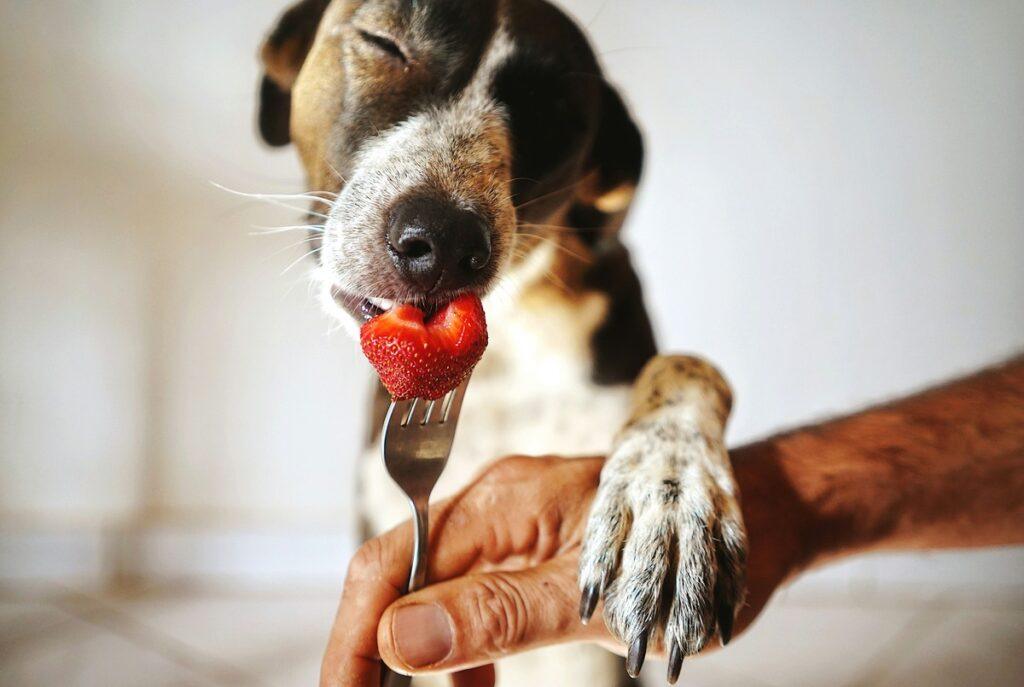Homemade dog food recipes are gaining popularity among pet owners who want full control over their dog’s nutrition. In this 2025 guide, we’ll explore easy, vet-approved recipes, nutritional advice, storage tips, and expert feeding strategies — all designed to keep your pup happy and healthy with natural, balanced meals.
Table of Contents
- Why Choose Homemade Dog Food?
- Essential Nutrients & Ingredients
- Homemade Dog Food Recipes
- Feeding Guidelines by Size & Age
- Storage & Prep Tips
- FAQ
Why Choose Homemade Dog Food?
Homemade dog food offers full ingredient transparency and control, making it a great option for dogs with allergies, sensitive stomachs, or specific dietary needs. Benefits include:
- Improved digestion and stool quality
- Shinier coats and healthier skin
- Allergen and additive avoidance
- Customization for weight or medical conditions
According to PetMD, home-cooked meals can rival commercial diets if properly formulated with balanced nutrients.
Essential Nutrients & Ingredients
Balanced dog meals should contain six key nutrient groups: protein, fat, carbohydrates, vitamins, minerals, and water. Here’s what to include:
- Protein: chicken, turkey, beef, lamb, salmon
- Carbohydrates: brown rice, sweet potatoes, barley, oats
- Vegetables: carrots, broccoli, spinach, green beans
- Fats: olive oil, flaxseed oil, fish oil
- Calcium: eggshell powder, cottage cheese
- Supplements: multivitamins or AAFCO-compliant mix (if needed)
Homemade Dog Food Recipes
Here are five balanced recipes you can prepare at home. Each includes the macronutrient focus and is portioned per 20–25 lbs of dog weight.
| Recipe | Ingredients | Calories | Portion Size |
|---|---|---|---|
| Chicken & Rice Bowl | Chicken, brown rice, carrots, peas | 380 kcal/cup | 1 cup per 25 lbs |
| Beef & Sweet Potato Mash | Beef, sweet potatoes, spinach | 420 kcal/cup | 3/4 cup per 20 lbs |
| Turkey Veggie Delight | Ground turkey, oats, green beans, pumpkin | 350 kcal/cup | 1 cup per 30 lbs |
| Fish & Quinoa Blend | White fish, quinoa, zucchini, olive oil | 400 kcal/cup | 1 cup per 25 lbs |
| Lamb & Lentil Mix | Ground lamb, lentils, kale, coconut oil | 440 kcal/cup | 3/4 cup per 20 lbs |

Feeding Guidelines by Size & Age
Feeding amounts vary depending on your dog’s age, weight, and activity level. Use the table below as a general guideline.
| Dog Size | Weight | Daily Portion |
|---|---|---|
| Small | 10–25 lbs | 3/4 to 1.5 cups |
| Medium | 26–50 lbs | 1.5 to 2.5 cups |
| Large | 51–90 lbs | 2.5 to 4 cups |
| Extra Large | 91+ lbs | 4+ cups |
Remember to adjust portions if you’re including snacks, treats, or if your dog is especially active.
Storage & Prep Tips
- Refrigerate up to 3 days in sealed containers
- Freeze portions for 1–2 months
- Use silicone trays or vacuum-seal bags for easy thawing
For food safety, thaw overnight in the fridge and discard uneaten leftovers after 2 hours at room temperature.

FAQ
Can dogs eat homemade food every day?
Yes, as long as it’s balanced. Many vets support fresh feeding with proper formulation.
Should I add supplements?
Depends on the recipe. Homemade meals often need added calcium and multivitamins — ask your vet.
How do I transition from kibble to homemade?
Gradually mix homemade food with kibble over 7–10 days to avoid stomach upset.
Final Thoughts
Homemade dog food recipes offer flexibility, quality, and tailored nutrition. With guidance from your vet and resources like AAFCO or AKC Nutrition Center, you can confidently nourish your dog from your own kitchen.
For more ideas, see our guide on food for sensitive stomachs or whether dogs can eat apples.



